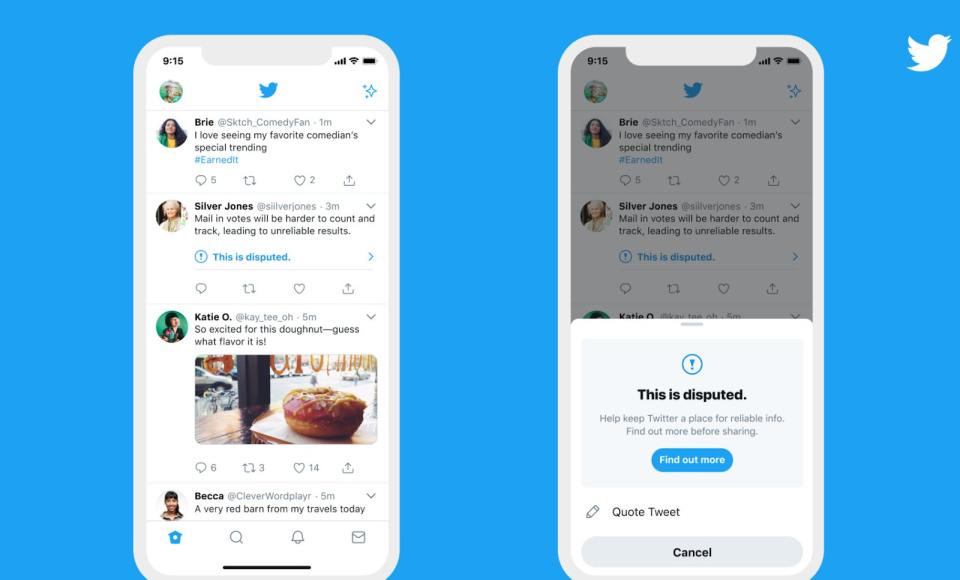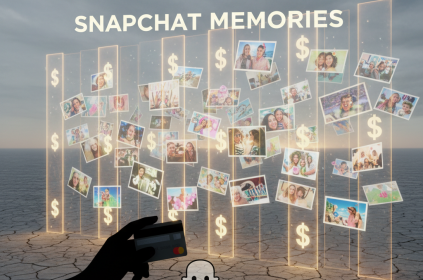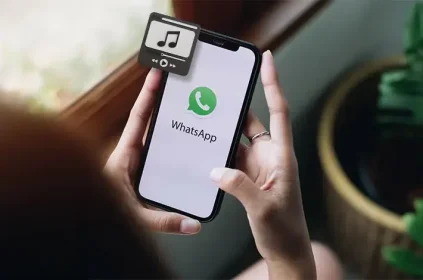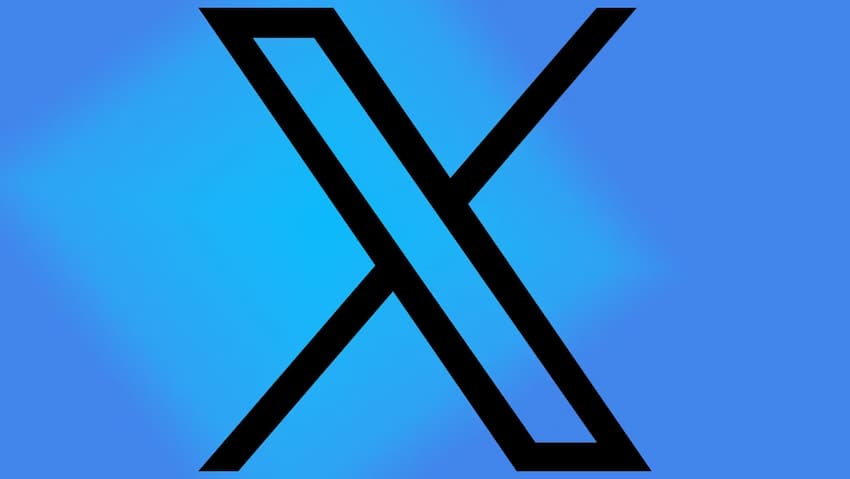Social networking platform, Twitter, began a massive clampdown on misleading contents earlier in the year.
The original plan was to flag tweets that are considered “disputed or potentially misleading content” ahead of the US election.
However, beyond the election, Twitter has found reasons to even strengthen its effort in that area.
Recently, the platform introduced a warning feature that prompted users to verify tweets before retweeting.
Of course, it is no news that most social media users care less about the credibility of shared information.
While it remains a major concern for Twitter, the company has been finding ways to tackle the problem for the longest time.
ALSO READ: Twitter’s New Feature Will Make You Think Twice Before Retweeting
In an attempt to further clampdown on misleading contents, Twitter is expanding the earlier released feature.
Now, beyond retweeting, Twitter will send a notification or perhaps warning if you attempt to ‘like’ a disputed tweet.
For instance, if you are unaware that a tweet has been labelled “disputed,” the moment you press the heart button, a notification that reads “Find out more” will pop on your screen.
The availability of the extended feature confirms the discovery by app experimental feature researcher Jane Manchun earlier in the month.
Twitter is working on misinformation warning on Likes, just like the ones for Quote Tweets / Retweets pic.twitter.com/BLlmaw5RZK
— Jane Manchun Wong (@wongmjane) November 9, 2020
The researcher tweeted then that the platform was working on misinformation warning on Likes.
She compared the extended feature with the already existing warning feature for Quote Tweet/Retweet.he went as far as comparing the extended feature with the already existing warning feature for Quote Tweet/Retweet.
Why is the warning feature very important to Twitter?
Although Twitter remains a top choice for conversations, the platform has continuously fought against misinformation.
However, the introduction of these warning features helps reduce the active spread of misleading content on the platform.
According to industry sources, quote tweets/retweets consisting of misleading content decreased by 29% during the US election.
ALSO READ: Twitter Fleets: Users Compare New Feature To Snapchat Stories
Putting this into figures, Twitter revealed that it labelled 300,000 tweets as misleading between October 27th and November 11th.
Giving context on why a labeled Tweet is misleading under our election, COVID-19, and synthetic and manipulated media rules is vital.
These prompts helped decrease Quote Tweets of misleading information by 29% so we're expanding them to show when you tap to like a labeled Tweet. pic.twitter.com/WTK164nMfZ
— Support (@Support) November 23, 2020
Now, Twitter is very optimistic that the extension of the feature on the ‘like’ button will further yield more impressive results.
Currently, the feature is already available for selected iOS and Android users in some regions.
However, the company confirmed that the mass rollout would take place in the coming weeks.
What Techuncode thinks
Let’s bring this home. We think the Nigerian government especially will appreciate the effort made by Twitter to curb the spread of misinformation on its platform.
Until recently, the Nigerian government has failed to realize how powerful a tool social media can be.
Recent events like the COVID-19 pandemic and the #EndSARS movement have further emphasised social media’s importance.
It is, however, pathetic that the many positives of these platforms have been clouded by misinformation.
As such, the Nigerian government has chosen misinformation as the reason to clampdown on social media, particularly Twitter.
Thankfully, the introduction of the warning features may serve as a guide to the Nigerian government when making decisions.
An excerpt from our previous publication sheds light on that note:
According to a recent report by Statista, social media is currently the least trusted news source globally.
The report also shows that 74% of readers worldwide are worried about the transfer of false information regarding the COVID-19 virus.
It’s a common trend among social media users to share anything that catches the eye.
Most users care less about the credibility of shared information.
ALSO READ: Twitter Users Say #NoToSocialMediaBill After Northern Governors’ Meeting
As long as it comes with a nicely worded headline, they’d be more than happy to share.
This subject has been a significant cause of concern for a long time.
The ease of sharing such information and the adverse effect on consumers has caused several organisations to consider tackling it.
So yes! The recent effort by Twitter will help solve most of the problems that come with the spread of misinformation on the social media platform.



















 and then
and then